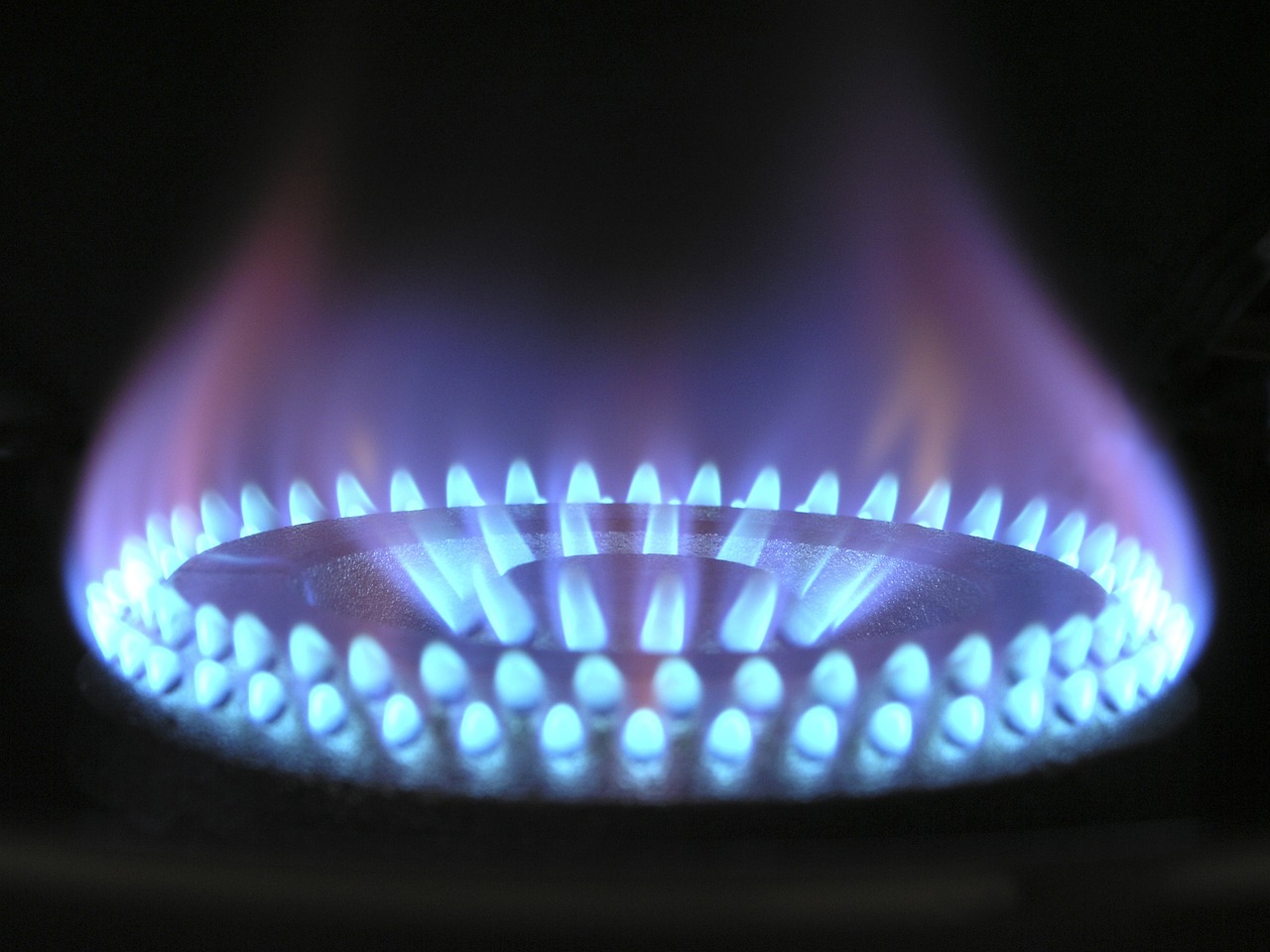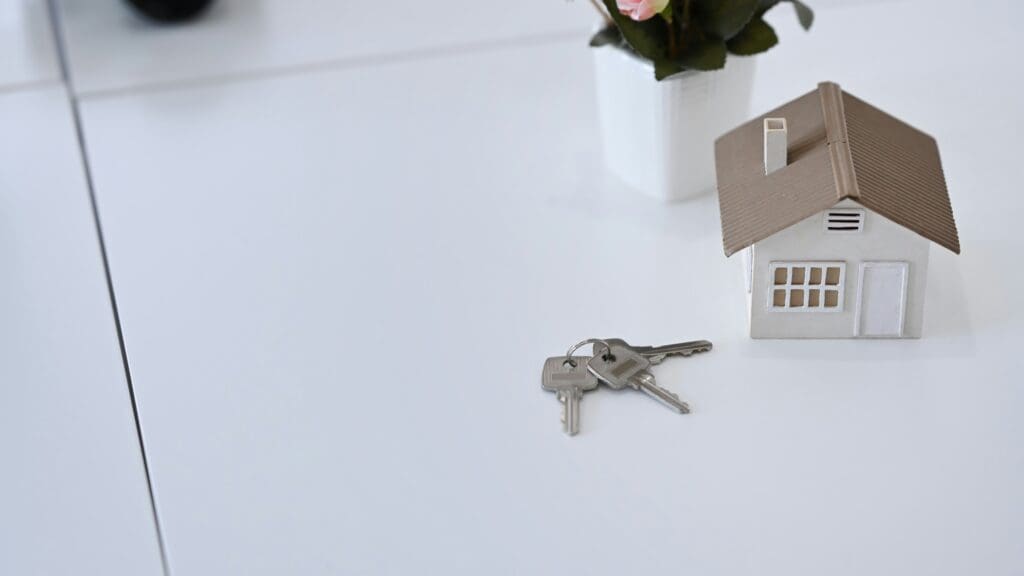Can You Sell a House Without a Gas Safety Certificate?

Estimated reading time 6 minutes
When you attempt to sell your home, you want to be able to sell it in the best light possible. This can range from kerb appeal to energy efficiency, from bedroom sizes to back garden type and so much more. One area that often weighs heavy on a buyer's mind is the home's safety aspect. Does it require any drastic rewiring? Has the boiler been serviced? Are there signs of mould or dampness? These questions rightfully deserve an answer. If a buyer was not aware of such issues, they might be buying a home fraught with expensive repair jobs and potentially look to you for compensation.
One such thing often asked about is the gas safety certificate. Buyers want to know that the house has passed various gas safety checks. Perhaps interestingly it isn’t a legal requirement to present a gas safety certificate when selling your home. In this edition of our blog, we look at why, and dive a little deeper into the gas safety certificate and why you should have one.
What is a gas safety certificate?
A gas safety certificate is annually issued to show that your property is free from gas hazards. Checks will be carried out by a registered Gas Safe engineer who will investigate any gas connections and the appliances powered by gas. They will look for signs of damage, leaks and the presence of Carbon Monoxide. In addition, any vents will also be checked to ensure sufficient airflow. If the property passes the inspection, a certificate is issued certifying the home as gas safe. In a year the same inspection will happen again.
Rules are a little different for landlords, so if you own the home and let it out, you must present the gas certificate to the tenants within 48 hours of it being issued, or as soon as they move in if the certificate has been issued earlier in the year.
At a cost of between £60-£90 it could be a worthwhile spend as whilst not a legal requirement, potential buyers may be put off if they are unsure of how safe the gas features of the house are.
So, I don’t need a gas safety certificate when selling my house?
That’s right, you don’t need one per the law, but it would be extremely beneficial to have one. The gas safety certificate gives potential buyers the confidence to know your home has been checked by an expert and certified safe. Not only this, but it will also keep you safe in the run-up to selling your home. If you had not obtained a safety certificate and then due to this negligence, let things fall into a state of disrepair, you could be forking out vast sums of cash to rectify them whilst your house is on the market. And this could detract potential buyers from even having a viewing.
Why is the gas safety certificate important if it’s not a legal requirement?
Despite it not being a legal requirement for you to have a gas safety certificate when selling your home, it stands to be advantageous for many reasons.
- Buyers will have more confidence in the safety of the property
- You’ll avoid any possible recrimination after selling the home if a gas-related fault was discovered.
- It may give the buyers more confidence in other safety-related issues of the property.
- It shows that the boiler is functioning properly
Is the boiler installation certificate the same as the gas safety certificate?
No, the boiler installation certificate and gas safety certificate are two different things and whilst you can sell the house without the gas safety certificate, you absolutely cannot sell a house without a boiler installation certificate.
This certificate is another name for the Building Regulations Compliance Certificate and this one is a huge deal. This document means that the local authority is notified and is satisfied with the installation complying with all necessary regulations.
You should have been given this certificate when you purchased the property but if you cannot find it, you can request a duplicate from the Gas Safe Register for less than £10.
The gas safety certificate is not a legal requirement to sell a house but the boiler installation certificate is?
Yes. That’s it. You can sell a home without a gas safety certificate, but you certainly cannot sell a home without the boiler installation certificate. As we mentioned above, if you have misplaced your boiler installation certificate, order a replacement as early as possible. This will save plenty of headaches further down the line.
What certificates do I need when selling a house?
Whilst you may not necessarily need a gas safety certificate to sell a home, there are a raft of other certifications or documents you must have. These include:
- The EPC (Energy Performance Certificate)
- Boiler installation certificate
- Title deeds
- Leasehold/freehold documents
- TA10 form
- TA6 form
- ID
- Offer acceptance
- Proof of repayments on house
What should I do if I’m selling my house but don’t have a gas safety certificate?
If you don’t have a gas certificate, firstly remember it is not the end of the world. Unlike the boiler installation certificate, it is not a legal requirement so you could just proceed with the sale. However, as we mentioned above, many buyers would feel much more confident in making an offer if they knew the certificate existed.
This can put you in a tricky position. With potentially fewer people likely to be interested in your home, you may find a sale impossible or at least extremely slow. There is a solution that still enables you to sell your house fast though. With Bettermove, you can sell your house for cash to pre-approved cash house buyers and have the entire process completed in as little as seven days. Whether you have the gas safety certificate or not, the process is still the same. Your house will sell, and you’ll be free from waiting. Better still, you sell your house for free with no costly legal fees or commissions to worry about.
Why not contact us today and sell your house with Bettermove fast?



